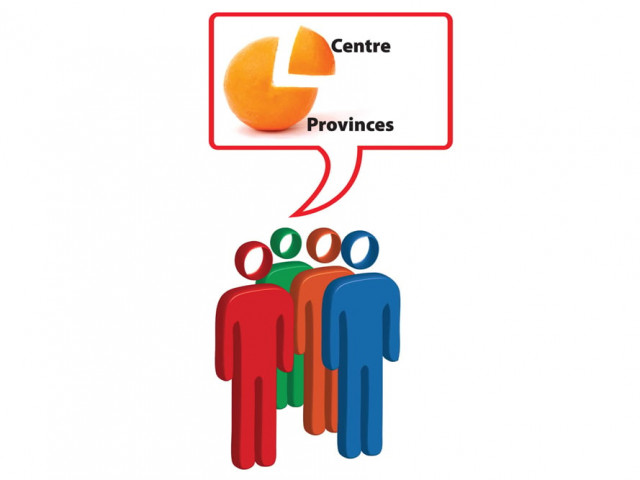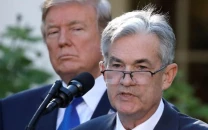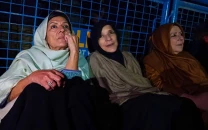Meeting convened to sort out differences
The federal government has called a meeting of four federating units on Tuesday to discuss the implementation of GST.

This will be the first meeting of the special committee constituted by Prime Minister Syed Yousaf Raza Gilani earlier this week in order to resolve the tax collection dispute between provinces. The committee has been given a time period of two weeks to settle all outstanding issues.
The committee is being chaired by Finance Minister Dr Abdul Hafeez Shaikh and comprises of provincial finance secretaries along with other tax experts. “The special committee’s deadline to resolve the outstanding issues is crucial as Pakistan wants to go to the IMF with strong national support,” highlighted Finance Secretary Salman Siddique.
Sindh is reluctant to pass on the right to collect tax on services to the federal government. Tuesday’s meeting would primarily focus on acquiring provincial government support. The federal government and the IMF both believe that without integrated VAT or the reformed GST – sales tax collection of goods and services under one roof, the desired outcome cannot be achieved.
However, Adviser to Sindh Chief Minister on Planning and Development Dr Kaiser Bengali has reiterated his government’s stance that the tax on services is a provincial subject according to the constitution and will not be surrendered.
Dr Bengali has said that the federal government wants to establish a separate pool for the collection and the distribution of tax on services between the Centre and provinces. Dr Bengali, who is among the few VAT experts in Pakistan, asserts that Sindh will not become part of this pool since the services tax is a provincial issue.
Nonetheless, he has proposed that the federal government may collect taxes on four services. These include advertising, franchising, construction and financial services. He insisted that tax collection on the remaining services be handed over to the provinces, especially tax on the telecommunication sector.
The Sindh government had written a letter to the federal government to convene a meeting in order to address the issue.
During the upcoming meeting, the Centre and provinces will also try to resolve the issue of double taxation. According to some reports, Punjab and Khyber-Pakhtunkhwa have levied taxes on four services that are already being taxed by the federal government under Federal Excise Duty (FED).
Dr Bengali was of the view that the media misreported the double taxation issue and that in reality the two provinces have authorised the federal government to collect the tax on their behalf. He pointed out that the federal government has to decide whether the tax would be collected under provincial law or as part of the FED.
If the parties manage to reach a consensus at the committee level, Prime Minister Syed Yousaf Raza Gilani will be requested to convene a meeting of the four chief ministers before the next round of talks with the IMF. This will be a bid to send across a positive message to the Fund that the government has shown political commitment to enforce the reformed GST from October 1.
The federal government wants to address provinces’ grievances over collection of sales tax on services before entering into talks with the IMF on August 23 in Washington. Talks for the release of the next tranche of the bailout aid being offered by the IMF were originally scheduled for August 5 but the Fund was requested to postpone the discussions.
Under a structural condition of the IMF, Pakistan was bound to levy the Value Added Tax (VAT), a tax on purchase and sale of goods and services, from July but it failed to do so. It was then announced that a reformed GST would be implemented from October by taking away tax exemptions on goods and services.
Technically, the $11.3 billion bailout package offered by the IMF stands terminated since Islamabad not only failed to levy the VAT but also breached the budget deficit target set for the last financial year.
The revised budget target was set at Rs769 billion or 5.1 per cent of the total size of the economy but according to provisional estimates, the deficit surged to Rs909 billion or 6.2 per cent. Until the Executive Board of the IMF grants a waiver for failing to fulfil these two vital conditions, in technical terms the programme remains suspended.
According to World Bank estimates, tax evasion amounts to Rs796 billion, Rs111 billion more than this year’s projected gap between government income and expenditure.
Published in The Express Tribune, July 31st, 2010.
















COMMENTS
Comments are moderated and generally will be posted if they are on-topic and not abusive.
For more information, please see our Comments FAQ